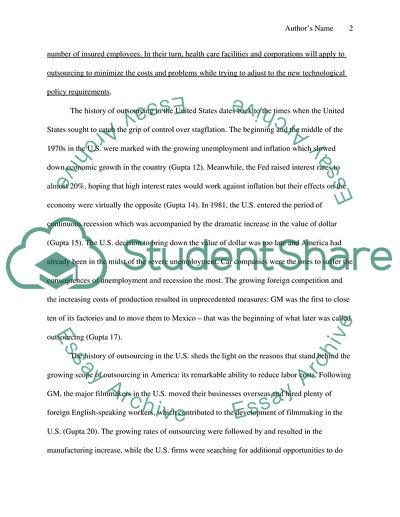Cite this document
(Outsourcing and Healthcare Policy in the US Research Paper, n.d.)
Outsourcing and Healthcare Policy in the US Research Paper. Retrieved from https://studentshare.org/human-resources/1737355-how-a-national-health-care-policy-can-impact-job-outsourcing-in-this-country
Outsourcing and Healthcare Policy in the US Research Paper. Retrieved from https://studentshare.org/human-resources/1737355-how-a-national-health-care-policy-can-impact-job-outsourcing-in-this-country
(Outsourcing and Healthcare Policy in the US Research Paper)
Outsourcing and Healthcare Policy in the US Research Paper. https://studentshare.org/human-resources/1737355-how-a-national-health-care-policy-can-impact-job-outsourcing-in-this-country.
Outsourcing and Healthcare Policy in the US Research Paper. https://studentshare.org/human-resources/1737355-how-a-national-health-care-policy-can-impact-job-outsourcing-in-this-country.
“Outsourcing and Healthcare Policy in the US Research Paper”, n.d. https://studentshare.org/human-resources/1737355-how-a-national-health-care-policy-can-impact-job-outsourcing-in-this-country.


